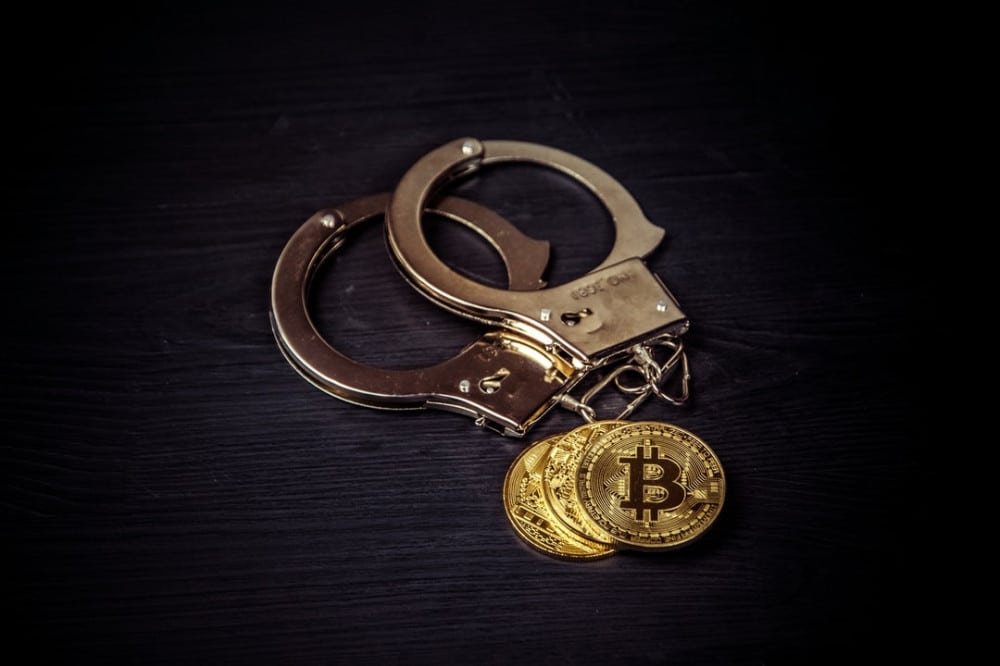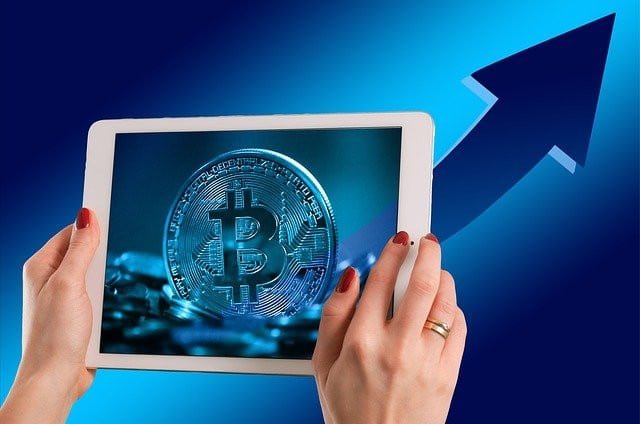
Do Banks Accept Bitcoin is on top of a lot of people’s minds?
Since banks deal in currencies and bitcoin is called a cryptocurrency, you would think they would.
So let’s dive into this a little deeper and see what we can find.
So far, a lot of banks don’t allow clients to buy, sell, or hold bitcoin through their bank accounts. However, there are cryptocurrency exchanges that permit people to do bank transfers in order to purchase bitcoin. Also, most banks don’t want to have anything to do with bitcoin or other cryptos because of its volatility and fear of it rendering regular money obsolete.

As far as bitcoin and other cryptocurrencies go most banks tend to avoid it like the plague.
It doesn’t matter that more and more people are using bitcoin as payment for services & products and as an investment vehicle.
When it comes to bitcoin and other cryptos a lot of banks are still very fearful.
First off, most banks are worried about the risks of money laundering, fraud, and other criminal activities (like drug dealing) that some people associate with bitcoin.
However, I believe some of that worry is unwarranted since all Bitcoin transactions are traceable, public, and stored on the blockchain permanently.
Which I feel would actually make it harder for people to use bitcoin rather than fiat currency (regular money) for money laundering or drug dealing.
Since cash can change hands without anybody ever knowing about it.
Another concern of banks is bitcoin's decentralization.
Since it is decentralized that means it’s not controlled by a single entity, central bank, or government.
Now even though I feel bitcoin’s decentralization is a good thing, it does come with a lot of volatility.
So, most banks feel if they were to invest in bitcoin or other cryptos, that any major price swings could cost them big bucks.
Lastly, their biggest fear is what bitcoin could do to fiat currencies (regular money), which is what most banks work with.
If Bitcoin and other cryptos were ever to be accepted as a valid global currency it could spell the end of fiat currency.
They are a virtual bank with no brick-and-mortar banking locations.
They let their customers buy Bitcoin and other cryptocurrencies using their Ally debit or credit cards.
They also allow wire transfer purchases of cryptocurrencies.
Chime Bank has no minimum, monthly, or overdraft balance fees.
Also, bitcoin purchases are allowed through the third-party application Paxful.
Goldman Sachs, a dominant global investment bank announced the formation of the firm’s cryptocurrency trading team on May 6, 2021.
Simple Bank was founded in 2009 in Portland, Oregon, and is FDIC insured.
Their clients can purchase Bitcoin and other cryptos with their credit or debit card.
USAA primarily serves military families.
Their clients can purchase Bitcoin using a USAA issued debit card.
They can also use wire payments and bank transfers to buy bitcoin.

The first thing you need to do is find a reputable crypto exchange that allows bank transfers.
For example, In the United States Coinbase is a crypto exchange that recently got listed on the Nasdaq stock exchange and allows ACH bank transfers.
So after doing your due diligence and selecting a crypto exchange, you will need to create an account with the exchange.
Your next step will be linking your bank account with the exchange account.
After that, you will transfer the money you intend to spend on buying bitcoin or whatever crypto you choose.
Keep in mind the bank transfer can take an average of 3 to 5 days to complete.
Once the transfer has been completed you can then purchase your crypto of choice.
Now after you’ve bought the cryptocurrency it needs to be kept safe.
You can keep it on the exchange itself, but most people would advise against this.
It is recommended that after you buy whatever crypto you choose, to move it to a secure wallet that you control.
There are two forms of crypto wallets to choose from, either hot or cold.
Hot wallets are connected to the internet and are considered to be more convenient.
On the other hand, because cold wallets are not connected to the internet, they are considered to be safer.
There are arguments to be made on both sides, however, the choice is ultimately up to you.

Fintech (Financial Technology) such as Cryptocurrencies, blockchains, and smart contracts continue to expand into various areas of financial services.
However, even though bitcoin and other cryptos bring a lot to the table they also bring volatility and risk.
Also, if the whole world ever accepts bitcoin and other cryptos as a viable currency, it could be the end of fiat money and banks too.
Although, still more and more banks seem willing to accept cryptocurrencies.
Probably because they’re starting to recognize the blockchain’s worth as well as notice that more and more people are willing to embrace bitcoin and other digital currencies.
Now on August 3, 2021, MICHAEL J. HSU acting comptroller of the currency gave written testimony before the Senate Committee on Banking, Housing, and Urban Affairs.
So at the beginning of Priority (3) Adapting to Digitalization, he said “Today, the financial industry is again being disintermediated but in a different way. Instead of securities firms and capital markets, it is fintechs and technology platforms. Instead of lending, it is payments processing. Instead of financial engineering, it is application programming interfaces, machine learning, and distributed ledgers. These trends cannot be stopped. They bring great promise, but also risks. Banks and the regulatory community must adapt to them.”
However, he also said, “Where should we set the regulatory perimeter?”
So it sounds to me like they are recognizing that new Fintech (including cryptocurrencies) are here to stay.
We just don’t know what kind of regulations they are going to bring with them.
Also, we still don’t really know how many banks will accept it in the end and how many continue to hold out indefinitely.
At The moment most banks are trying to steer clear of bitcoin and other cryptocurrencies. These banks don’t allow their customers to buy, sell, or hold bitcoin through their existing accounts. Although, with some crypto exchanges you can transfer money from your bank account to the exchange to purchase crypto there. Also, the banks worry that with all the volatility it would be too easy to lose money if the banks invested in it. They are also concerned with cryptos being used for fraud, criminal activities, and money laundering. However, the thing they fear the most is bitcoin and other cryptos being globally accepted currencies. If this ever happened, it could potentially be the end for regular money and also the banks themselves.